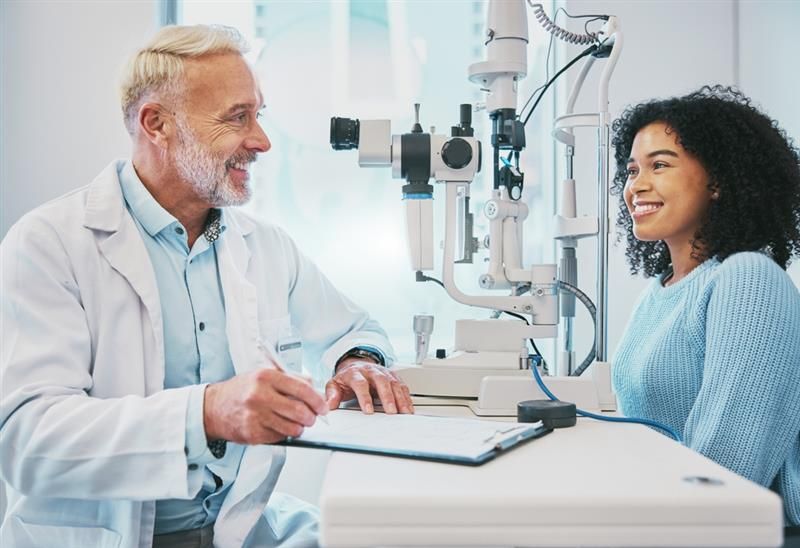Fading night vision can be a serious traffic hazard, particularly among older motorists who drive after dark.
A significant numbers of older drivers with age-related vision problems may not be visiting their eye doctor frequently enough to make sure they can see well enough to drive safely.
To make matters worse, eye problems such as cataracts can develop so slowly that older drivers may be unaware that their vision is declining.
Also, as we age, we commonly experiences declines in vision, cognition and motor function as part of the aging process.

Extra safety precautions may be needed if you are an older driver.
These factors make older drivers vulnerable to accidents in driving situations that require good visual perception, attention and reaction time.
SEE RELATED: Driving in the rain: Dangers and safety tips









